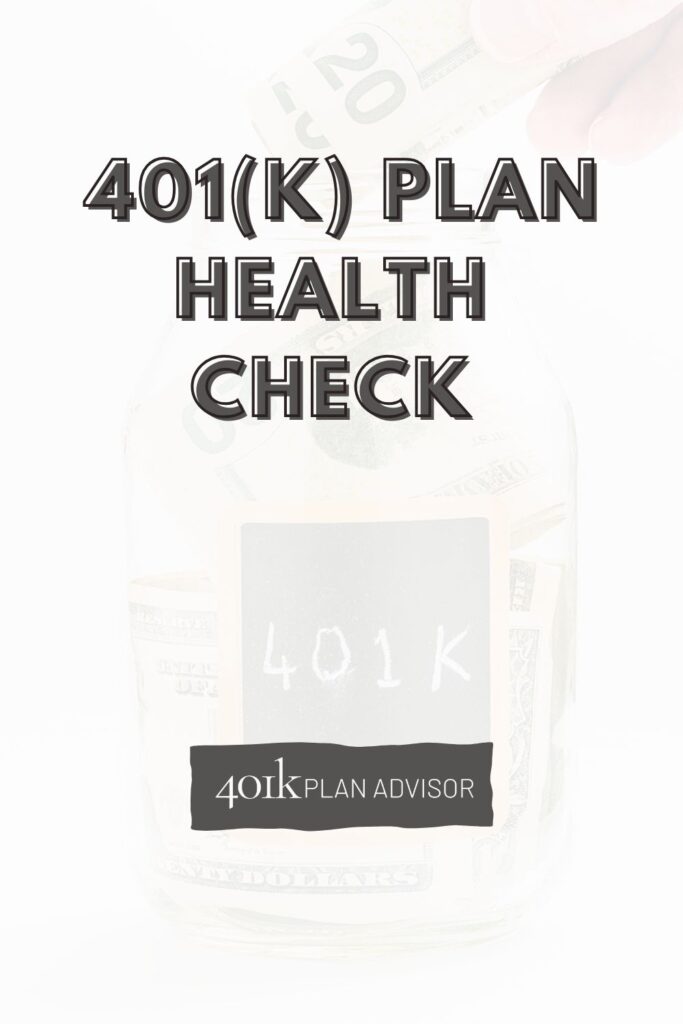What Is a Third-Party Administrator (TPA)?
When it comes to managing a 401(k) or other retirement plan, the term third-party administrator (TPA) often comes up. But what exactly is a TPA, and why are they important to the success of your retirement plan?
What’s the role of a TPA, what services they provide, and how do they ensure your retirement plan runs smoothly and stays compliant with complex regulations?
What Is a Third-Party Administrator?
A third-party administrator (TPA) is an independent company hired to handle the administrative, compliance, and operational aspects of a retirement plan. While they don’t manage the plan’s investments (that’s typically the role of a financial advisor or recordkeeper), TPAs ensure that the plan operates according to IRS and Department of Labor (DOL) rules and meets the goals of the plan sponsor (your company).
Think of the TPA as the behind-the-scenes expert who makes sure your retirement plan is compliant, efficient, and well-documented. Some even refer to TPAs as a “CPA for your 401k plan.”
Key Responsibilities of a TPA
A TPA’s role can vary based on the specific needs of your plan, but common services include:
1. Plan Document Creation & Maintenance
- Ensuring your retirement plan has a legally compliant plan document that outlines key provisions, such as eligibility, contributions, distributions, and vesting schedules.
- Updating the document as laws change to keep your plan in compliance with IRS and DOL regulations.
2. Compliance Testing
- Conducting annual nondiscrimination tests, such as ADP/ACP and top-heavy testing, to ensure the plan treats employees fairly.
- Helping you address and correct any compliance issues that arise.
3. Recordkeeping and Reporting
- Tracking contributions, distributions, loans, and other plan activities.
- Preparing and filing required forms, like Form 5500, with the IRS and DOL.
4. Participant Notices
- Providing plan summaries and other communications for distribution to employees.
- Assisting with questions about eligibility, loans, or distributions for plan sponsors and trustees.
5. Audit Support
- Assisting with plan audits, whether conducted by the IRS, DOL, or an independent auditor. If your plan reaches 100 participants with balance, an independent audit is typically required—your TPA helps ensure everything is in order for a smooth process.
Why Is a TPA Important?
A TPA ensures your retirement plan is not only compliant but also aligned with your company’s objectives and employee needs. Here are some of the key benefits of working with a TPA:
- Regulatory Compliance:
TPAs stay updated on IRS and DOL regulations, ensuring your plan meets all legal requirements. - Customization:
TPAs create and maintain your plan document to ensure it aligns with your company’s goals and complies with regulations. They also handle profit-sharing calculations, helping you structure contributions in a way that maximizes benefits for owners and employees alike. - Efficiency:
By handling administrative tasks, a TPA saves you time and reduces the risk of errors. - Problem Solving:
If compliance issues arise, a TPA can guide you through corrections and minimize penalties.
Retirement Plan Service Providers:
TPA vs. Recordkeeper vs. Financial Advisor vs. 401k Consultant
It’s easy to confuse a TPA with other key retirement plan providers. Here’s how they differ:
| Role | Responsibilities |
| Third-Party Administrator (TPA) | Manages the legal plan document, compliance testing, reporting, calculations, and overall plan administration. |
| Recordkeeper | Tracks participant accounts, manages contributions and withdrawals, and provides an online portal and call center access for employees. |
| Financial Advisor | Focuses on investment selection and monitoring, provides fiduciary guidance on plan investments, and helps participants with investment-related decisions. |
| 401(k) Consultant | Designs and optimizes the retirement plan structure, ensures service providers are fulfilling their responsibilities, educates plan sponsors and employees, and proactively advocates for the employer’s best interests. |
While these roles can overlap, a TPA usually focuses specifically on compliance and administrative support.
When Do You Need a TPA?
Not all retirement plans require a TPA, but they’re often necessary for more complex plans or those with unique features. You may need a TPA if:
- Your plan needs a more tailored plan document with special features that a basic plan doesn’t offer.
- You need help navigating regulatory requirements and compliance testing.
- You have a larger plan with multiple providers that requires coordination.
- Business owners that want to maximize profit sharing contributions.
How to Choose the Right TPA
When selecting a TPA, look for one with:
- Experience: Expertise in your industry and with plans of your size.
- Transparency: Clear and reasonable fees.
- Technology: Tools to simplify administration and reporting.
- Customer Service: A responsive team to support you and your employees.
A third-party administrator is a vital partner in managing a successful retirement plan.
They handle the complexities of compliance and administration, freeing you to focus on growing your business and supporting your employees.
If you’re considering hiring a TPA or want to learn more about how they can benefit your 401(k) plan, contact us. We’ll help you find the right solution to keep your plan running smoothly and aligned with your goals.


Get your Free report
Just 15 Questions to Assess Your Plan’s Health
This quick 15-question quiz checks the health of your 401(k) plan, covering areas like fees, governance, and participant support. You’ll get a personalized report with simple, actionable tips to make your plan stronger and reduce risks.






